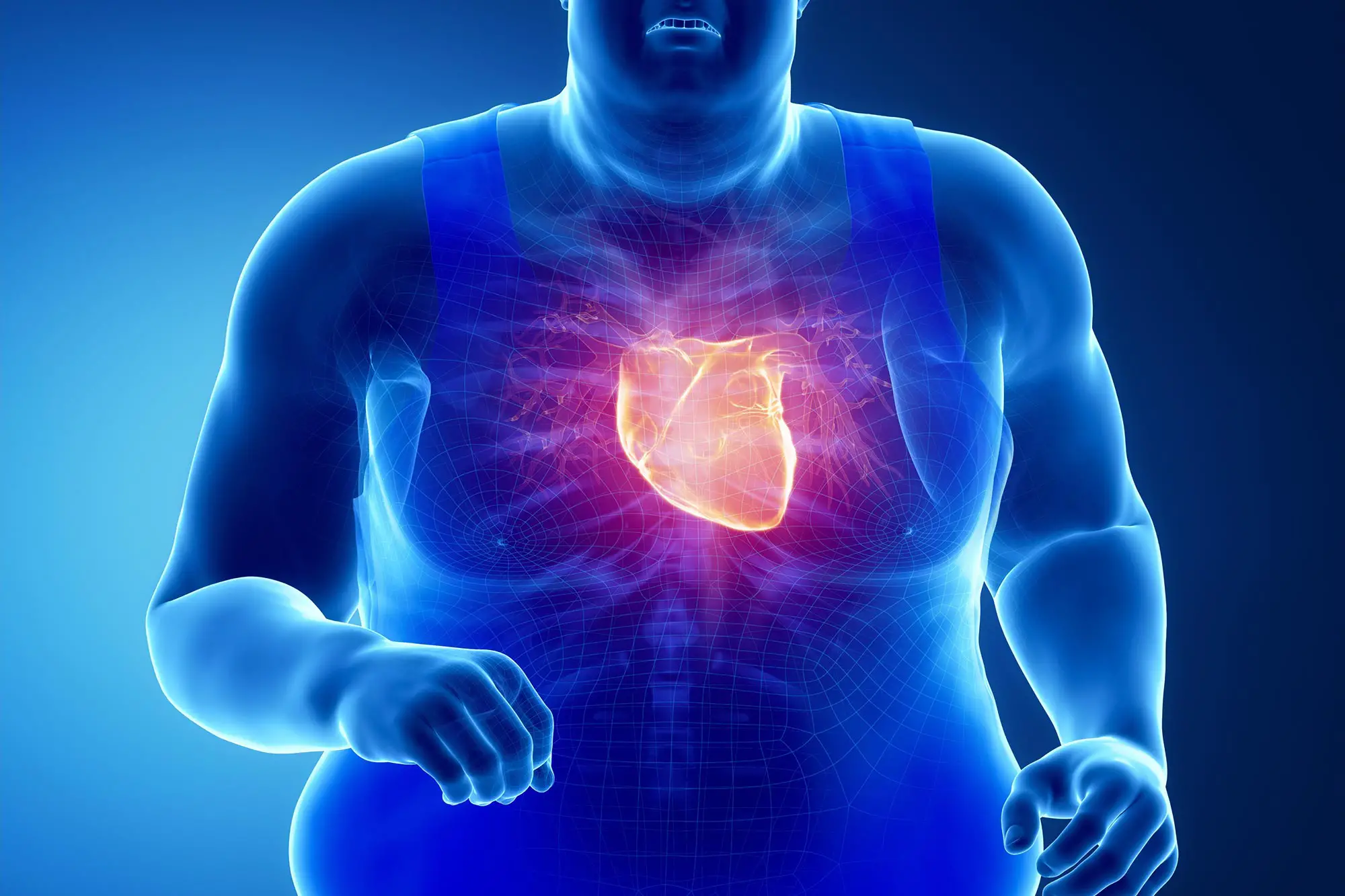*****
Summary of Transcript:
The video discusses the different types of fasting, including intermittent fasting and time-restricted feeding, and how they limit how much you eat during the day. The speaker emphasizes the importance of choosing the right type of fasting for your goals and health status, as some benefits require longer fasting periods to kick in. The speaker notes that a 12 to 14-hour overnight fast should be the baseline minimum for everyone and that different types of fasting can include a six to eight-hour feeding window, a one-meal-a-day approach, and more extended water fasts.
*****
Intermittent Fasting: The Key to Optimal Health
Intermittent fasting has been a popular topic in the health and wellness industry for a while now. Given the numerous scientific studies that have revealed its health benefits, it’s no wonder why.
Shorts Explains Intermittent Fasting
A recent video by Shorts, a popular channel on YouTube, explains the concept of intermittent fasting with informative visuals that make the topic easy to understand.
The video discusses how our body is designed to handle periods of famine or food scarcity. When we eat, our body converts the food into glucose, which fuels our cells. However, when we fast, our body turns to stored fat for energy.
It goes on to explain that fasting triggers autophagy, a cellular process that clears out old and damaged cells, which can lead to the prevention of diseases such as cancer and Alzheimer’s.
Intermittent Fasting for Health
Intermittent fasting has been shown to have numerous health benefits beyond weight loss.
Weight Loss
One of the most popular reasons people try intermittent fasting is for weight loss. When we fast, our body uses stored fat for energy, leading to a calorie deficit and weight loss.
Improves Insulin Sensitivity
Insulin is a hormone that regulates blood sugar levels. Insulin resistance occurs when the body doesn’t respond well to insulin, leading to high blood sugar levels and an increased risk for diabetes. By reducing calorie intake through intermittent fasting, insulin sensitivity can improve, leading to better blood sugar control.
Lowers Inflammation
Inflammation has been linked to numerous chronic diseases like heart disease, diabetes, and arthritis. Research has shown that intermittent fasting can reduce inflammation levels in the body, leading to a decreased risk for these diseases.
Increases Brain Function
Intermittent fasting has been found to improve cognitive function, including memory and focus. It has also been shown to stimulate the growth of new nerve cells, which could potentially delay the onset of neurodegenerative diseases such as Alzheimer’s.
Getting Started with Intermittent Fasting
The idea of fasting may seem daunting, but there are several different ways to incorporate intermittent fasting into your lifestyle.
Time-Restricted Eating
This method involves limiting your food intake to a certain window, such as 8 hours during the day. This means you eat all your meals within 8 hours and fast for the remaining 16 hours.
Alternate Day Fasting
Alternate Day Fasting involves fasting every other day or drastically reducing calorie intake on alternate days.
5:2 Diet
The 5:2 Diet involves eating normally 5 days a week and then reducing calorie intake to 500-600 calories for the remaining 2 days.
Final Thoughts
Intermittent fasting may not be for everyone, but several scientifically proven health benefits exist. However, it’s important to consult a healthcare professional before embarking on any fasting program.
If you have never tried intermittent fasting, starting slow with time-restricted eating might be a good idea, and gradually working your way up to longer fasts. Ultimately, the goal is to find a fasting method that works for you and fits into your lifestyle.
*****
Source Description
#intermittentfasting #fastingforhealth #shorts


Comments are closed